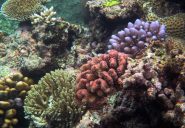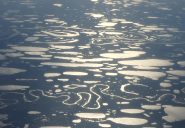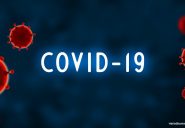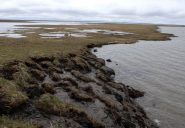
With regret we inform you that the NESSC Christmas Lecture is cancelled this year. Under the current corona guidelines, too many uncertainties remain to be able to host an
/ read more


With regret we inform you that the NESSC Christmas Lecture is cancelled this year. Under the current corona guidelines, too many uncertainties remain to be able to host an
/ read more
The ocean plays a major role in reducing the impact of the changing climate. About a quarter of the carbon dioxide (CO2) released due to human activities has been
/ read more
More research in the unknown role of microbes in thaw lakes is urgently needed, a new review paper by NESSC-scientists underlines. Permafrost areas across the globe are slowly thawing
/ read more
Labwork, fieldwork, or just grabbing a coffee with your fellow scientists – all the usual, scientific activities have come to a halt at NESSC due to the current corona-measures.
/ read more
Young soils in the East Siberian Arctic provide the majority of released greenhouse gases, a new NESSC article , published in Nature Communications, shows. Rising temperatures in the Arctic
/ read more